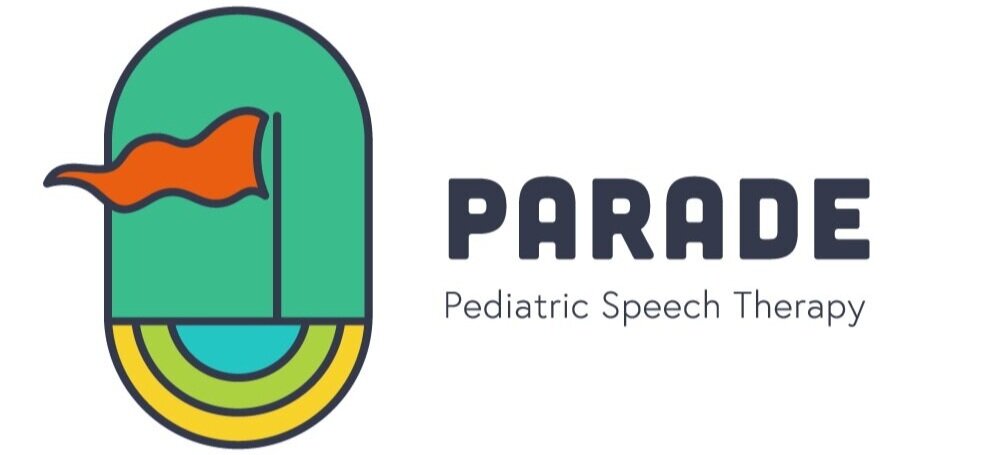My Journey to Neurodiversity Affirming Practice: Part 1
Over the past year or so, I’ve been on a journey of learning about the Neurodiversity Movement and how it relates to my practice of speech-language pathology. I’ve been unlearning ideas from the medical model that much of my speech-language pathology training and daily living in an ableist society has taught me. The medical model supports the idea that brain differences are abnormal from the “norm,” that there is something “wrong” with an individual with a brain difference and that their condition needs to be fixed or improved so that they can fit better into mainstream society. The Neurodiversity Movement supports the idea that brain differences are normal variations of the human brain and experience, not deficits, and that the problem lies in an ableist society and not in the individual. It is a social justice movement that seeks equality and inclusion for people with brain differences.
One of the first things I had to learn was terminology. I am learning from autistic adults that the majority prefer identify-first language, so I have begun to say autistic person instead of person with autism. Everyone is different in what language they prefer and I respect the language that individuals are most comfortable with.
Some other terms I had to learn and apply to my own practice were:
neurodivergent - a term for someone whose brain works differently from what society considers “normal”
neurotypical - a term for someone whose brain works in a way that society considers “normal”
neurodiversity - an umbrella term that includes all brain types
ableism - The discrimination or social prejudice against disabled people or people with brain differences based on the belief that typical abilities are superior. Here’s a great blog post on that.
Starting to move away from the medical model to a strengths-based, pro-neurodiversity model has taken a lot of difficult self-reflection, which is an ongoing process. However, being on a neurodiversity affirming journey in my practice feels so much better and more aligned with my core values than the medical model ever felt. Throughout my career, whether I was in a clinic, hospital or educational setting, my report writing and evaluation process was focused on deficits in order to “prove” to the insurance company or the educational system that an individual was impaired enough to warrant my services. I always felt somehow like this was wrong, or not the way we should be doing things, but I never had the language to put to my feelings. As I’ve been learning about strengths-based report writing and affirming therapy practices, I’m learning to focus more on building on strengths and consistently asking for a client’s input during the goal-writing and therapy process.
I continue to learn more everyday by listening to autistic adults and advocates, and understanding more about autism learning styles. Unlearning ableism and replacing old, compliance-based strategies with strength-based practices will be a journey and a long process.
Neuroclastic, Rachel Dorsey, AuTeach and Autistic, Typing are just a few of the autistic people and autistic-led websites that I have learned from so far. Some Instagram hashtags to follow are #ActuallyAutistic, #AutisticWhileBlack, and #AutisticPOC.
This training from Learn Play Thrive also helped me start to shift my speech therapy practice to a strengths-based model and to think about autism and neurodivergence in a different way. They also have an amazing podcast that you should check out that elevates autistic voices. PlaySpark has some great educational handouts that you can download for free to educate yourself and to share with others.
As I learn more on my journey, I will keep sharing information and resources in upcoming blog posts.
Does your child or teen need support with speech, language and communication skills? I offer virtual parent and caregiver coaching to support communication in daily activities and direct online speech therapy for kids and teens. Contact me for a free consultation.

